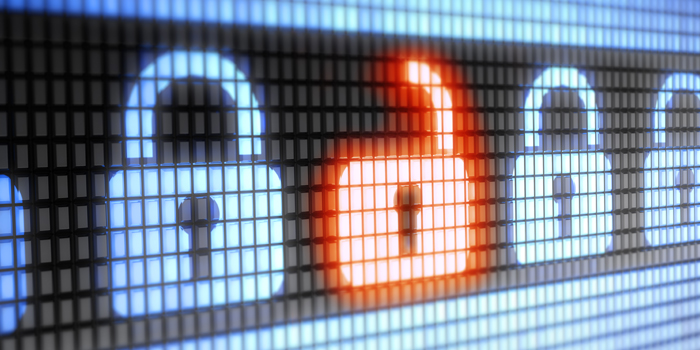FBI SEES RISE IN FRAUD SCHEMES RELATED TO THE CORONAVIRUS (COVID-19) PANDEMIC
FBI SEES RISE IN FRAUD SCHEMES RELATED TO THE CORONAVIRUS (COVID-19) PANDEMIC
Scammers are leveraging the COVID-19 pandemic to steal your money, your personal information, or both. Don’t let them. Protect yourself and do your research before clicking on links purporting to provide information on the virus; donating to a charity online or through social media; contributing to a crowdfunding campaign; purchasing products online; or giving up your personal information in order to receive money or other benefits.
Related Fraud Alerts
Nothing found.
What to Expect When Purchasing a Home

Mortgages & Home Buying 101
Owning a home is a dream for many people. It’s something they hope to accomplish at some point in their lives. Sure, it is a hard task that requires a lot of work, but with proper budgeting anyone can do it! Mortgages and home buying can be very confusing and scary but researching the steps will relieve some stress. Provided below are common questions and answers people have.
It takes how many years to save for a down payment on a home?
Unfortunately, saving for a down payment on a home can take a lot of hard work and planning. Using the following example, we can illustrate the process you can take to figure out how long you will need to budget for.
Assume you make $56,000 and save around 15% of your income each month. That’s around $8,400 a year. It would take about 5 years to build a 20% down payment for a $216,000 home.
Buying insurance on your loan will allow you to have a smaller down payment but might be offset with greater monthly payments. With proper planning and a bulletproof budget, owning a home can be easy and a great goal to look forward to!
What Should I Expect at Closing?
Once you’ve taken all of the steps in saving, getting a mortgage, and finding your dream home, it’s time to close! There are few things you should be prepared for.
- Your lender will send you a closing disclosure that outlines the terms of your loan, final closing costs, and outstanding charges or fees.
- Do a final walk-through of the property to make sure everything is as it should be. For example, make sure any repairs that were made are as expected and that you are happy with your future home.
What to Bring to Closing
- You will sign many legal documents between you and your lender.
- Pay attention to all of the costs and escrow items. A majority of the time, the buyer is required to bring funds in the form of a cashier’s check made out to the escrow company.
Present Parties
- Closing agent
- Attorney
- Title company representative
- Home seller and their real estate agent
Closing Documents
- Loan estimate and Closing disclosure
- Initial escrow statement
- Mortgage note and Deed of Trust
- Certificate of occupancy
5 Ways to Shop Safely Online

The modern way to shop requires computers, tablets, and phones. We no longer make long lines at the store, or wait for a customer service representative to help us. Technology allows us to shop for our favorite items at the comfort of our home. In addition, we can choose to have an online chat with a representative if we need help. But, it is not all fun and games in the online world. With the expansion of the online world came a different kind of danger. A danger that can seriously affect our financial life, this is called identity theft.
The following tips can help your shop safely online.
- Look for a lock padlock: A secure online shop can be difficult to find, you need to pay attention. Secure sites contain a secure sockets layer (SSL), which is an installed encryption that allows you to shop safely online. This appears as a locked padlock placed at the bottom of your web browser, or next to the URL in the address bar. Try to shop on sites with a secure ‘lock’ only.
TIP: Never give your credit card number through an email address. - Protect your PC: Hackers don’t just sit and wait around. They use phishing emails, impersonate your social media friends, and send viruses to scan your computer. In order to prevent this, you should always keep your computer protected with an antivirus and pop-up blocker. Avoid clicking on anything that may look suspicious, such as emails directly asking for your personal information.
- Check your statements: Be careful and check your statements constantly. Do not just wait for your bill at the end of the month to check your expenses. If you see any unusual activity in your call your financial institution and to help you fix the problem.
- Avoid public computers and Wi-Fi: Public computers and Wi-Fi are great if you are reading a book or gossiping on social media. However, shopping online is risky on public outlets. It makes it easier for hackers to steal your private information and go on a shopping spree with your money. Have patience, wait until you’re home or a friend’s house to start shopping.
Take advantage of these tips and shop safely online this holiday season. Good luck!


